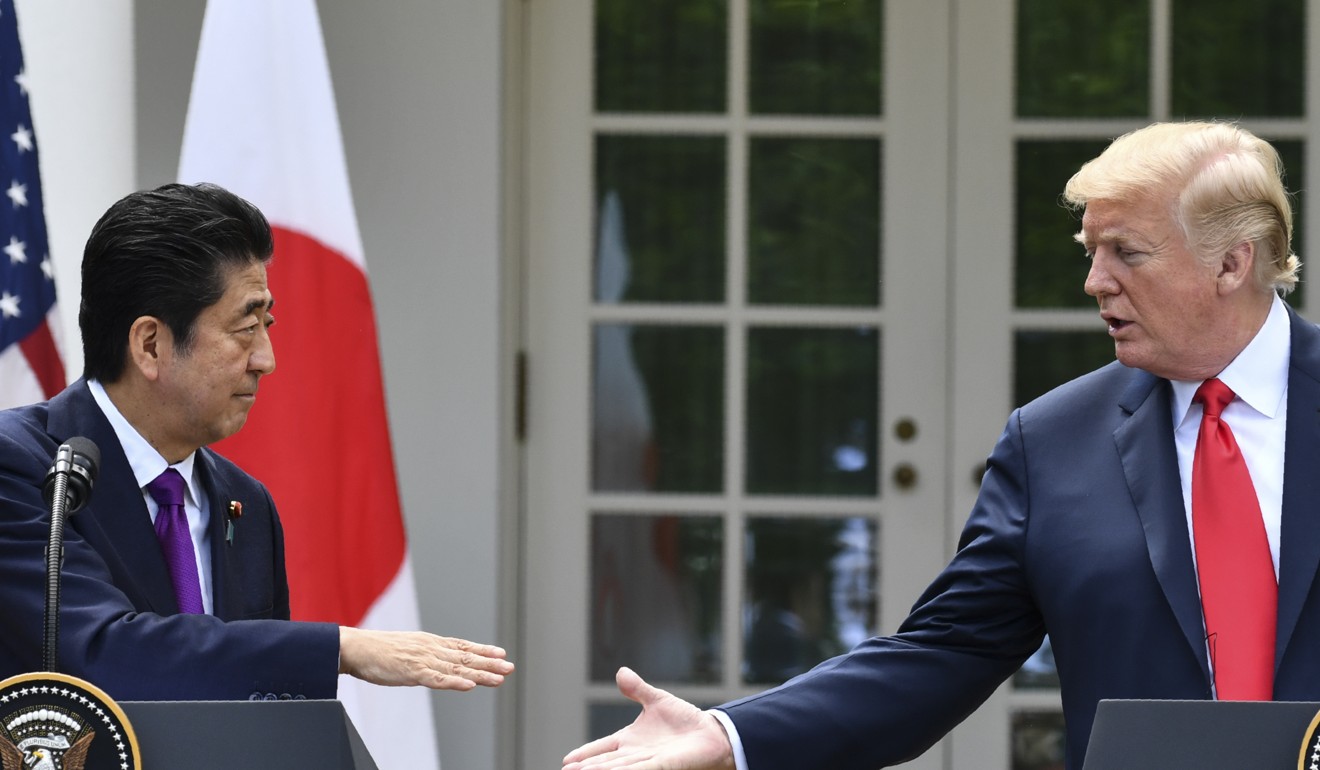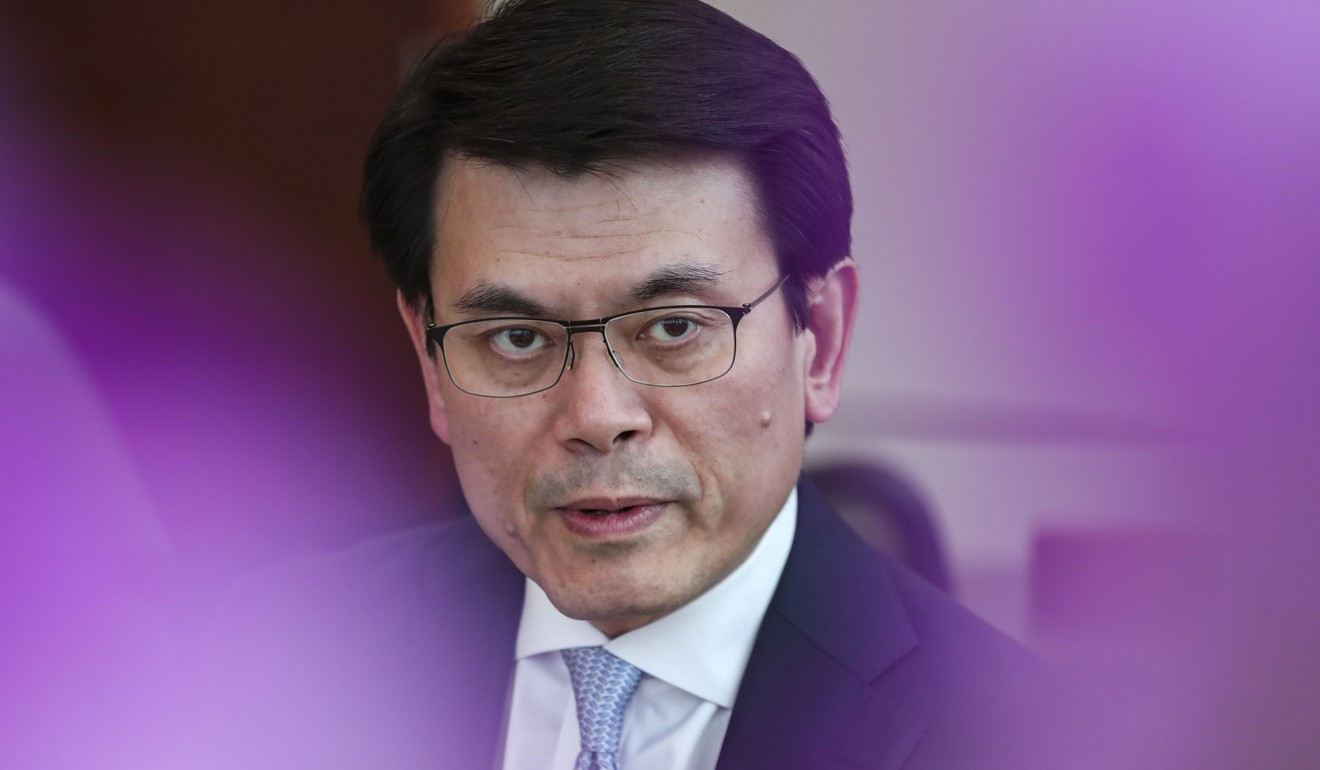
How special is Hong Kong’s SAR status amid the US-China trade war?
Caught between Washington and Beijing, the city is now in a difficult position with its reputation as a beacon of free trade challenged by the row
How special is it to be a Special Administrative Region (SAR) of China?
Answers may vary, but the 1992 Hong Kong Policy Act adopted by the US Congress is quite telling. It affords post-1997 Hong Kong a special status different from mainland China on trade-related matters by recognising the city’s own trade and customs systems.
How will Hong Kong be affected by the US-China trade war?
As the US keeps accusing China of stealing its technologies, Beijing has come to believe that Washington’s real intention is to contain China’s rise, and so insists its national development interests will never be compromised.

For 24 consecutive years, Hong Kong has been ranked by the Heritage Foundation as the world’s freest economy, and it remains as an independent member of the World Trade Organisation under the “one country, two systems” policy. But all this has apparently failed to protect Hong Kong from collateral damage.
China learns a very American lesson on the importance of ‘public diplomacy’
Having embraced the value of free trade for decades and facing the fact that it is being affected – though at an estimated cost of only 0.1 to 0.2 per cent of gross domestic product at this stage – uncertainties remain and Hong Kong is bound to oppose the tariffs, which Beijing sees as a war waged by the US against the global free-trade system.
But being in charge of a “world city” that takes pride in its rule of law, the local government also hopes Washington will bear in mind that Hong Kong is an “independent economic entity” with long-time and good business ties with the US.

Secretary for Commerce and Economic Development Edward Yau Tang-wah told the Post he was confident many American business leaders were aware of this. But will that help Hong Kong? And to what extent?
One practical question is, can the government make any good use of the Hong Kong Policy Act?
Since the adoption of the act, the US State Department has submitted regular reports on Hong Kong to Congress. This year’s report recognised that Hong Kong-US cooperation “remains broad, effective and mutually beneficial”, but also raised concerns that Beijing was “inconsistent” in its commitment to allowing the city a high degree of autonomy.
US panel admonished for calling ‘one country, two systems’ increasingly uncertain
Without doubt, Beijing sees such criticism as interference in China’s internal affairs. Meanwhile, any critical voice on Capitol Hill calling for a review of the special treatment given to the city is also on the government’s radar amid heavy clouds over China-US relations.
The question is, with the trade war spreading around the world, can Hong Kong expect to be treated better than Washington’s closer allies?
There are always two sides of the same coin: “Two-way trade in goods and services totalled an estimated US$68.9 billion in 2017. The US enjoyed its largest bilateral trade surplus worldwide with Hong Kong at US$34.5 billion,” according to the State Department’s May report.
So the special trade status under the Hong Kong Act benefits both sides.
Trade is also politics, and in Hong Kong’s case, as a city under one country, two systems, it’s part of the bilateral relationship between the two world powers.

